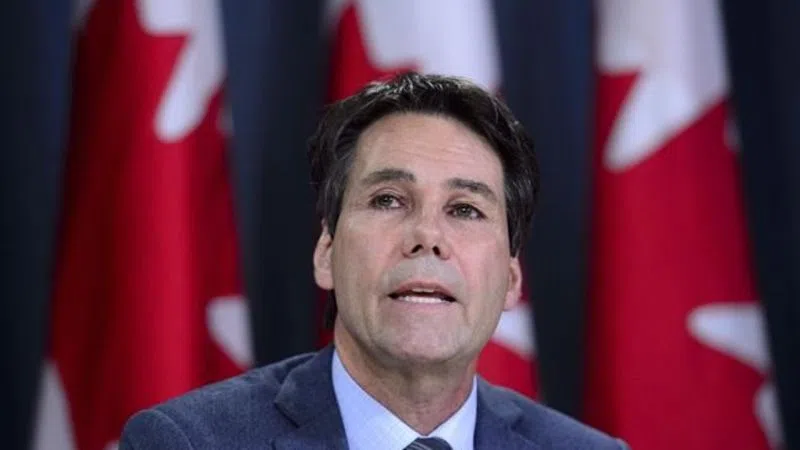
Health experts ask federal leaders to commit to pharmacare
OTTAWA — More than 1,200 Canadian health care and public policy experts have signed an open letter to all federal party leaders calling on each of them to commit to implementing a national pharmacare system in Canada.
They say comprehensive public medication programs have improved access and reduced costs everywhere they’ve been implemented and want to keep national pharmacare in Canada from becoming a partisan issue.
The group of experts from across Canada includes professors of medicine, pharmacy, nursing, economics, political science and law — many of them recognized as leaders in their fields.
They note that, since the 1960s, five separate national commissions have concluded that universal pharmacare would be the fairest and most affordable way to ensure universal access to necessary medicines in Canada.


